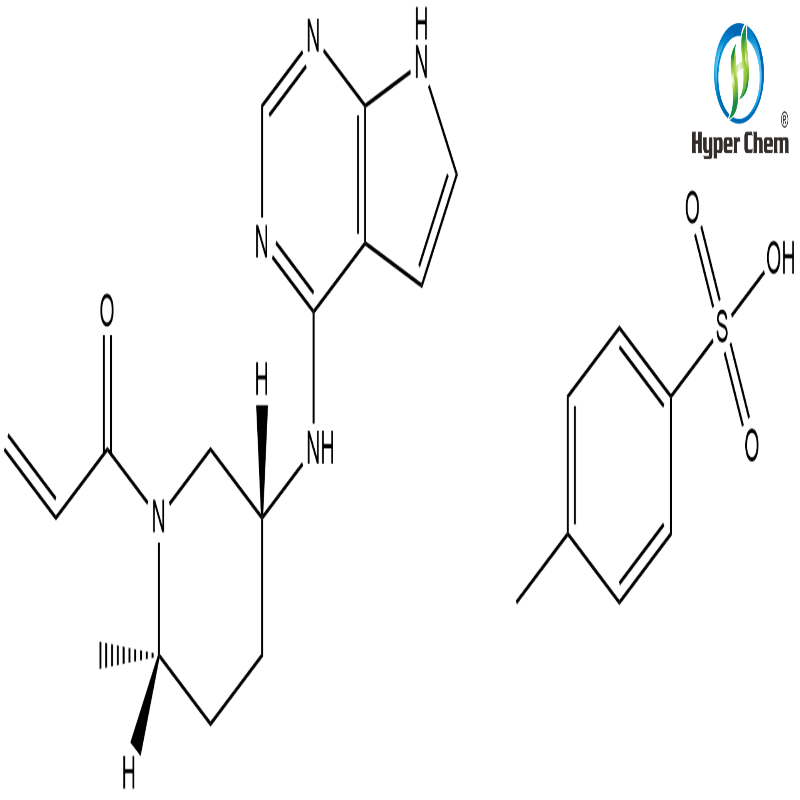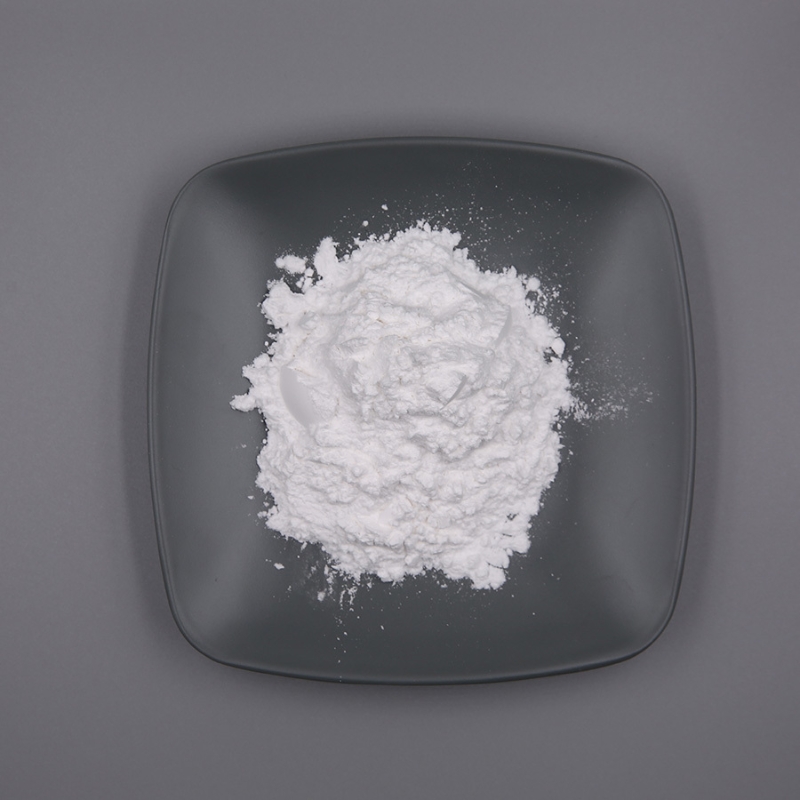-
Categories
-
Pharmaceutical Intermediates
-
Active Pharmaceutical Ingredients
-
Food Additives
- Industrial Coatings
- Agrochemicals
- Dyes and Pigments
- Surfactant
- Flavors and Fragrances
- Chemical Reagents
- Catalyst and Auxiliary
- Natural Products
- Inorganic Chemistry
-
Organic Chemistry
-
Biochemical Engineering
- Analytical Chemistry
-
Cosmetic Ingredient
- Water Treatment Chemical
-
Pharmaceutical Intermediates
Promotion
ECHEMI Mall
Wholesale
Weekly Price
Exhibition
News
-
Trade Service
On October 28th Regeneron announced that its new coronal and antibody cocktail therapy, REN-COV2, had reached a major and critical secondary end in an ongoing Phase 2/3 clinical trial.
regency-COV2 significantly reduces the viral load on patients and the need for further medical care (including hospitalization, emergency room visits, emergency care, and/or doctor's office/telemedican visits).
REGN-COV2 is a combination antibody therapy consisting of two monoclonal antibodies targeting different tables of the new coronavirus prickly protein.
it aims to relieve COVID-19 symptoms by binding to the new coronavirus's hedgehog protein to prevent the new coronavirus from entering and infecting cells.
preclinical study of the therapy has been published in the journal Science.
preliminary clinical trial results previously published by Regenerative Meta have shown that REGN-COV2 can reduce viral load and reduce the time required for symptom relief in patients treating non-hospitalized COVID-19 patients .
this randomized double-blind clinical trial is designed to test the efficacy and safety of adding REN-COV2 to standard treatments compared to adding placebos to standard treatments.
latest figures include data on 524 new non-hospital patients.
results showed that after 7 days of treatment, the average viral load of the new patients (n-524) decreased by 0.36 log10 (p-0.0003, 1 log10 times) compared to the control group.
in patients with higher baseline viral loads (defined as virus loads exceeding 1X107 copies/ml), REGN-COV2 reduced viral load by 0.68 log10 (p.lt;0001) compared to the placebo group.
on the fifth day after treatment, REGN-COV2 reduced viral load by 1.08 log10 compared to the control group, meaning that the viral load of these patients was reduced by more than 10 times compared to the control group.
results show that patients with low levels of median antibodies with high viral loads and/or baselines are most likely to benefit from REK-COV2 therapy.
29 days after treatment, REGN-COV2 reduced COVID-19-related visits by 57% (2.8%, REGN-COV2 group; 6.5%, placebo group, p-0.024) in terms of clinical outcomes.
The REGN-COV2 treatment reduced the number of COVID-19-related visits by 72% in patients with one or more risk factors (including those over 50 years of age; BMI greater than 30; cardiovascular, metabolic, lung, liver or kidney disease; or immunodeficiency).
results also showed no significant difference in virological or clinical efficacy between reGN-COV2 high dose (8 g) and low dose (2.4 g).
based on this finding, regeneratives are considering changing the dosage given the current limited availability of REGEN-COV2.
()







